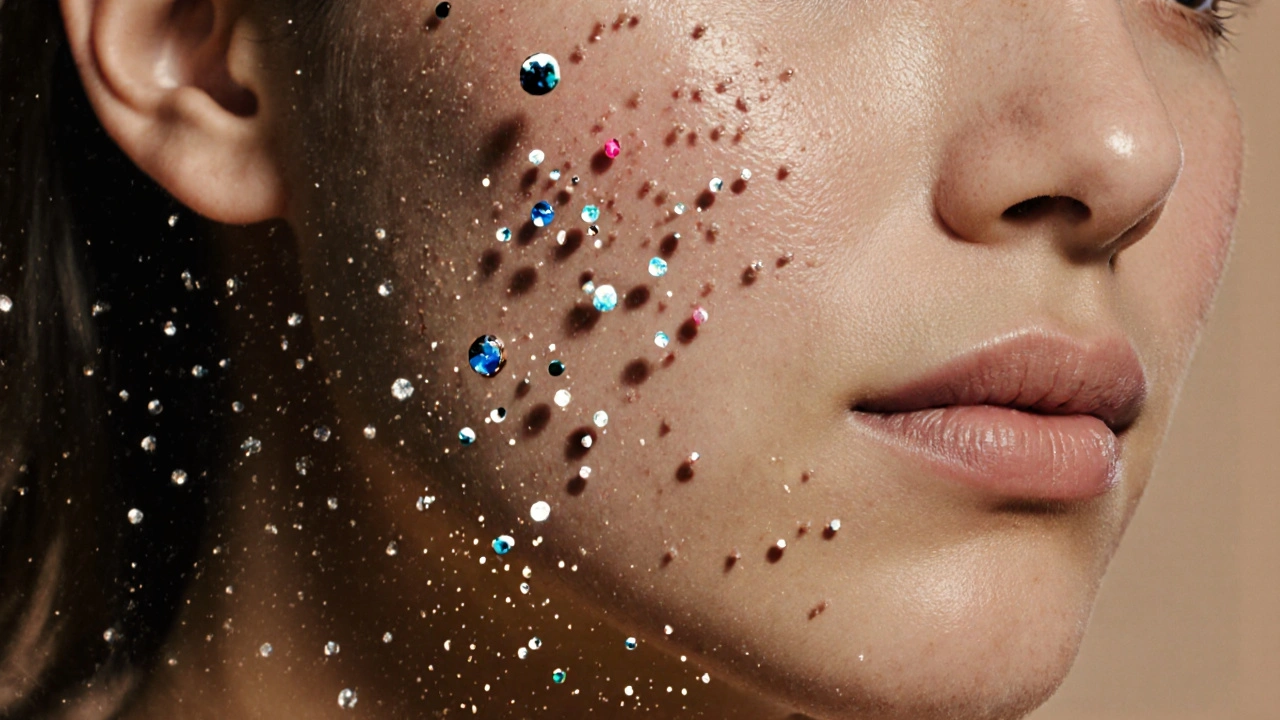When talking about post-procedure care, the set of actions you take after any medical or surgical intervention to support healing and prevent complications. Also called after‑care, it encompasses everything from cleaning the wound to adjusting medication. A key part of this process is wound healing, the body’s natural repair of tissue damage, which relies on proper cleaning, moisture balance, and nutrition. Equally important is infection control, the practice of keeping germs away from the surgical site using antiseptics, dressings, and hygiene habits. Together, effective wound healing and vigilant infection control reduce complications and set the stage for a smoother recovery.
Once the incision is stable, rehabilitation, targeted exercises and physical therapy designed to restore function, strength, and mobility becomes the next focus. Simple moves like ankle pumps or gentle stretches can prevent stiffness and speed up return to daily activities. Parallel to rehab, medication management, the careful scheduling and dosing of painkillers, antibiotics, or blood thinners, ensures the body gets the right support at the right time. Missing a dose or mixing drugs incorrectly can undo weeks of progress, so a clear pill schedule is a must. Finally, patient education, the process of teaching patients how to monitor signs, change dressings, and know when to seek help ties everything together. When you understand what normal redness looks like versus an infection, you act faster and avoid emergency visits.
Our collection below pulls together dozens of articles that dive deep into each of these areas—from comparing antiseptic options to mastering pelvic‑floor exercises for urinary control. Whether you’re fresh from surgery or managing a chronic condition, the tips and expert insights here will help you turn post‑procedure care into a confidence‑boosting routine. Keep reading to discover practical steps, real‑world case studies, and easy‑to‑follow checklists that put you in control of your recovery journey.

Explore how microdermabrasion can clear acne, what to expect during treatment, after‑care tips, and how it compares to other clinical options.